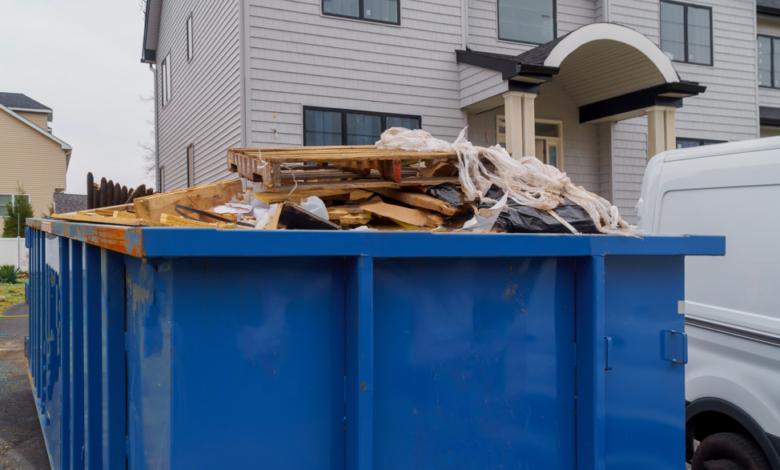Key Considerations for Efficient Dumpster Rental and Waste Management

Choosing the right dumpster size for a job requires careful thought. Consider the project’s scope, the materials, look at the website, and the waste it will produce. Dumpsters typically come in sizes ranging from small to large, with capacities between 10 and 40 units of space. Some small ones, like the 10-yard dumpster, suit minor tasks, like cleanouts. Others, like a 40-yard dumpster, are for commercial or demolition projects. First, calculate the debris volume. Compare it to a full-sized pickup truck, which is about 3 cubic yards. Also, consider the material. Heavy materials, like concrete, require less area. Lightweight materials, like wood, can occupy more space. Project duration is another factor to consider. Small projects need small dumpsters. Large projects need large dumpsters. Check local weight and material limits. Overestimate dumpster size to avoid running out of space. Balance project scope, material density, and local rules to pick the best size. This ensures cost-effectiveness and efficiency.
Understanding Rental Duration Options
The rental period depends on the size of the project, the scope of work, and the local rules and regulations. In most cases, smaller tasks are suited to short-term rentals, 1-3 days for minor jobs, such as cleanouts. For medium-sized projects, the usual rental period is about 7 to 10 days. On big jobs, especially construction, the rental period would have to be longer than 2 to 4 weeks or more. Estimate waste generation time. Consider bad weather and permit delays. Budget for longer rentals. Track waste to avoid overfilling. Know weight limits. Proper planning and communication ensure timely rentals, avoiding extra costs and environmental harm.
Navigating Permits and Regulations
Most dumpster rentals will require permits. This is especially true for those placed on public property or along the highway. Check local ordinances. Inquire with relevant local authorities about guidelines for dumpster placement. The permit application needs project details. It also needs property information. The permit application needs project details, property info, and rental company contact info. Be ready for fees and placement restrictions. Place the dumpster according to the guidelines. Avoid obstacles. Knowing local rules and informing the rental company prevents fines and delays.
Complying with Waste Restrictions
The rental companies have waste restrictions. This avoids penalties and ensures proper disposal. Hazardous materials include substances like chemicals, batteries, and medical items. They require special disposal methods. Construction waste, like concrete or large wood, has weight limits. It may need separate handling. Appliances with refrigerants and e-waste need special handling. Confirm with the rental company about materials, weight limits, and hazardous materials. Recycle cardboard, metal, and glass to minimize waste. Proper disposal makes the rental process environmentally friendly.
Coordinating Timely Delivery and Pickup
Schedule dumpster delivery and pickup for a hassle-free experience. Tell the rental company the delivery and pickup times. Clear the delivery site of obstructions. Be flexible for delays due to weather or traffic. This helps monitor waste levels and prevents overfilling. If the dumpster fills up quicker than anticipated, request an early pickup. When the project is done, leave the area clean and make sure that the dumpster is accessible for pick-up. If you plan and coordinate, you’ll avoid problems with dumpster rentals.



